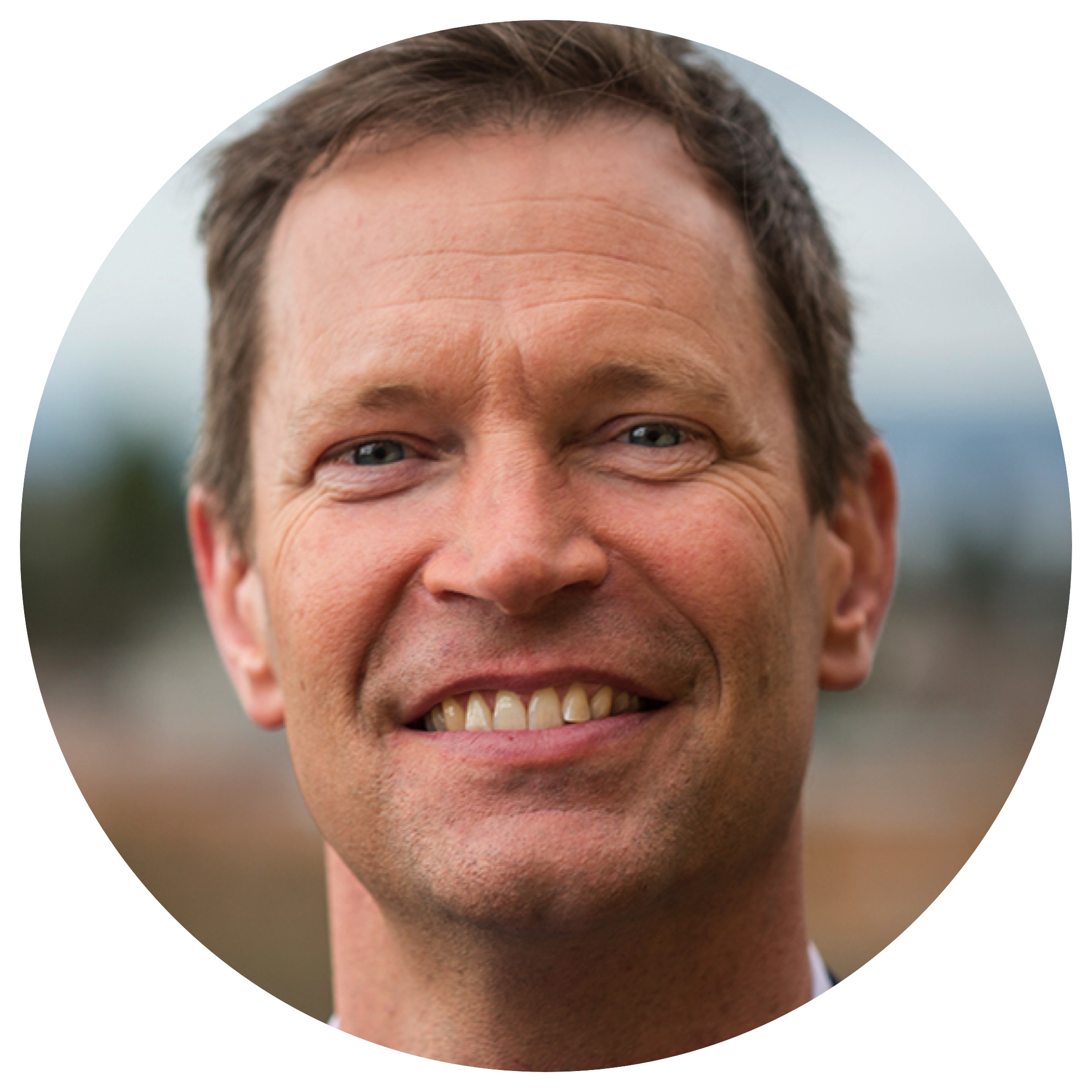Your One Thing for 2021
Your One Thing for 2021 It’s been a tough year. it’s also been a great year. Whether we wanted it or not, 2020 gave us the opportunity to pause and reflect on what really matters in our lives and our organizations. Some leaders used this time to...











